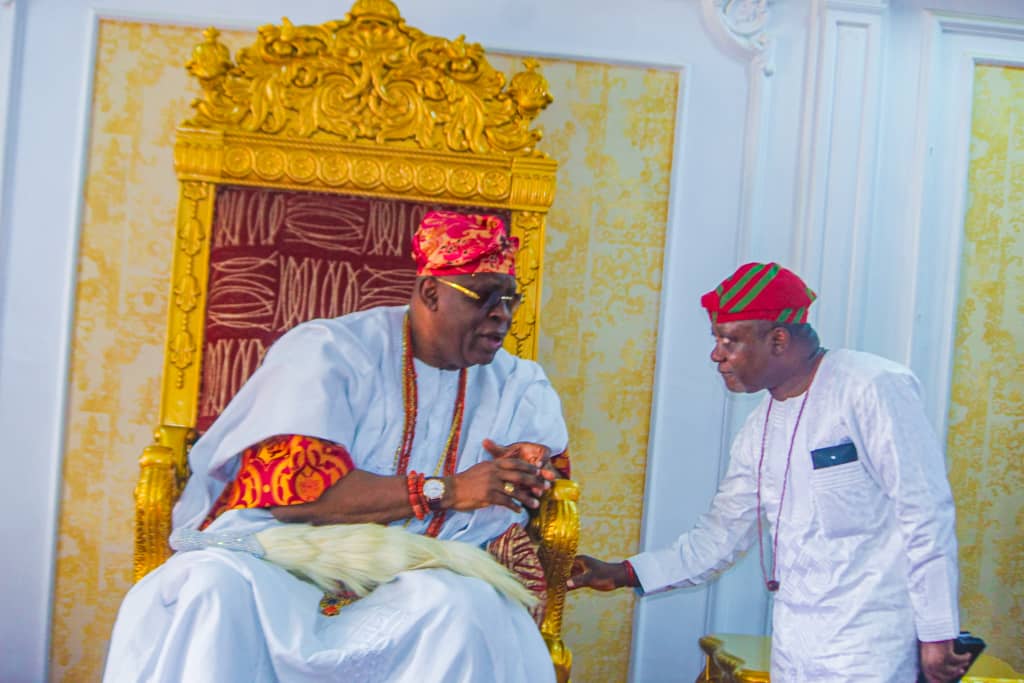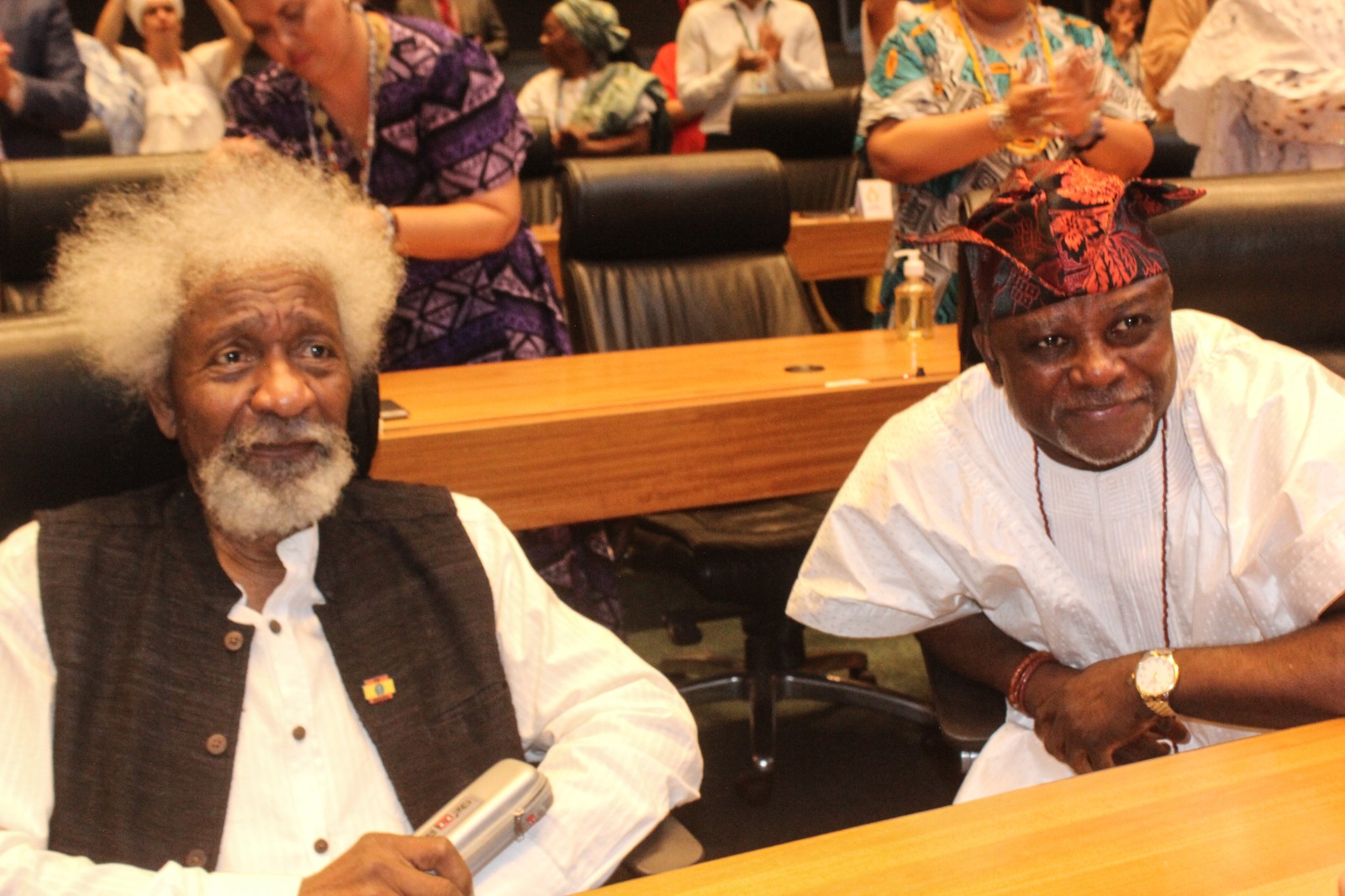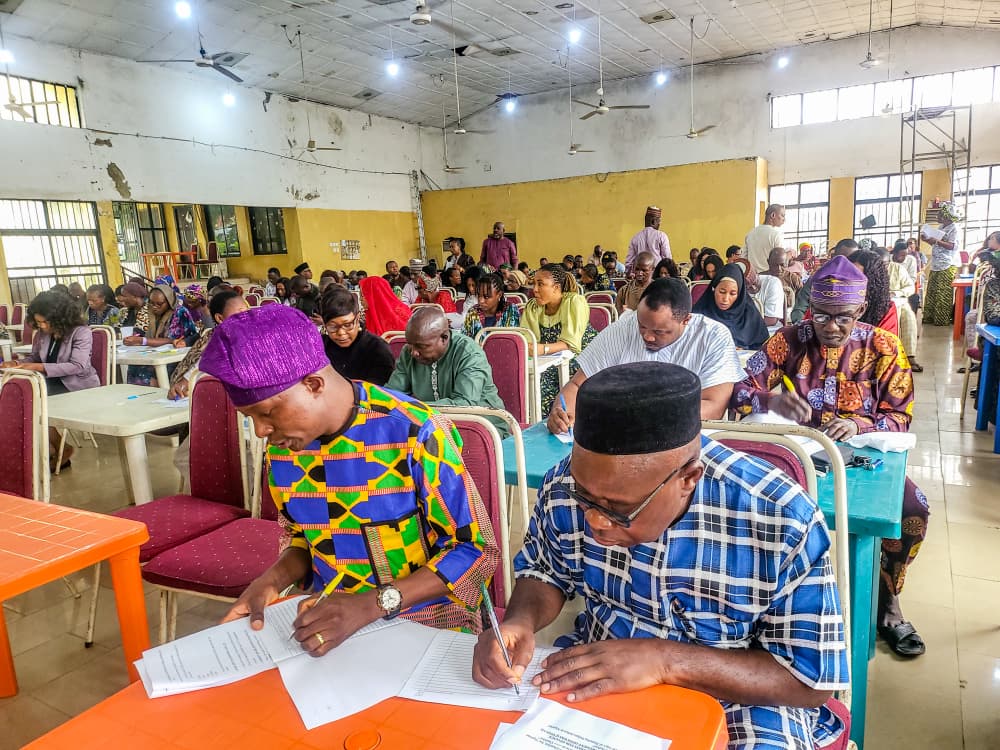 A professor in the Department of Theatre & Film Studies at the University of Calabar, Chris Nwamuo, has appreciated the value and high regard accorded traditional rulers by the National Institute for Cultural Orientation (NICO) and expressed confidence in the capacity of traditional rulers to revolutionise the democratic process in Nigeria.
A professor in the Department of Theatre & Film Studies at the University of Calabar, Chris Nwamuo, has appreciated the value and high regard accorded traditional rulers by the National Institute for Cultural Orientation (NICO) and expressed confidence in the capacity of traditional rulers to revolutionise the democratic process in Nigeria.
Professor Nwamuo was speaking as a discussant at the end of a Technical Session where series of papers were presented at the 2nd National Conference on Culture, Peace and National Security: The Role of Traditional Rulers in Nigeria’s Democracy”, organised by NICO, in collaboration with UNESCO, at the Banquet House, Arewa House in Kaduna, Kaduna State on Monday, May 26th, 2014.
Discussing a paper, “Traditional Strategies for Election Conflict Management in Nigeria,” presented by Barr. Paul Andrew Gwaza, a Senior Researcher with the Institute for Peace and Conflict Resolution (IPCR), Abuja, Nwamuo lamented that the Nigerian electoral history and processes have not been encouraging as virtually all elections in the country so far have been marred by one problem or the note.
He noted with despair, that the outcome of such elections have been counter-productive and ironic as the leaderships that emanated from the processes have never been true representations of the people, stressing that the democratic process has since been dead on arrival and cannot catalyse a strong institution since it seems to have been hijacked by money-bags in the society.
Positing that all eyes are now on Nigeria to see if there would be paradigm shift in the forthcoming 2015 elections, which would be the real litmus test, the university don further canvassed for constitutional roles for traditional rulers in respect of the protection of votes, election thuggery, election mudslinging, and so on, arguing that they were best suited for the roles and could be depended upon to effectively execute them.
While expressing the opinion that traditional rulers could be the missing link in Nigeria’s democratic experimentation, Nwamuo stressed that traditional rulers remain the first citizens of their communities and custodians of culture and are therefore imbued with sterling qualities that make them critical stakeholders in the Nigerian project where if properly engaged, could be useful in resolving electoral conflicts and sustenance of Nigeria’s democracy.
He however expressed concern with the silence or apathy of the Nigerian lawmakers to legislate on definite roles for traditional rulers in national development, despite their having so much to offer in terms of grassroots mobilisation.
On the other hand, Nwamuo stated that he was optimistic and sees a bright light at the end of the tunnel, for a credible electioneering process in Nigeria, which will in turn produce good leadership; and that this was against the backdrop of the new confidence being placed on the leadership of the Independent National Electoral Commission (INEC) under Professor Attahiru Jega, which could be trusted to deliver.
He however urged INEC to purge itself and stand on high moral grounds in the discharge of its duties, further calling for the independence of the electoral umpire, which will give room for free, fair and credible elections, with a view to making political office holders accountable to the electorates and reduce conflicts to its barest minimum.
Caleb Nor
Corporate Affairs
NICO, Abuja


